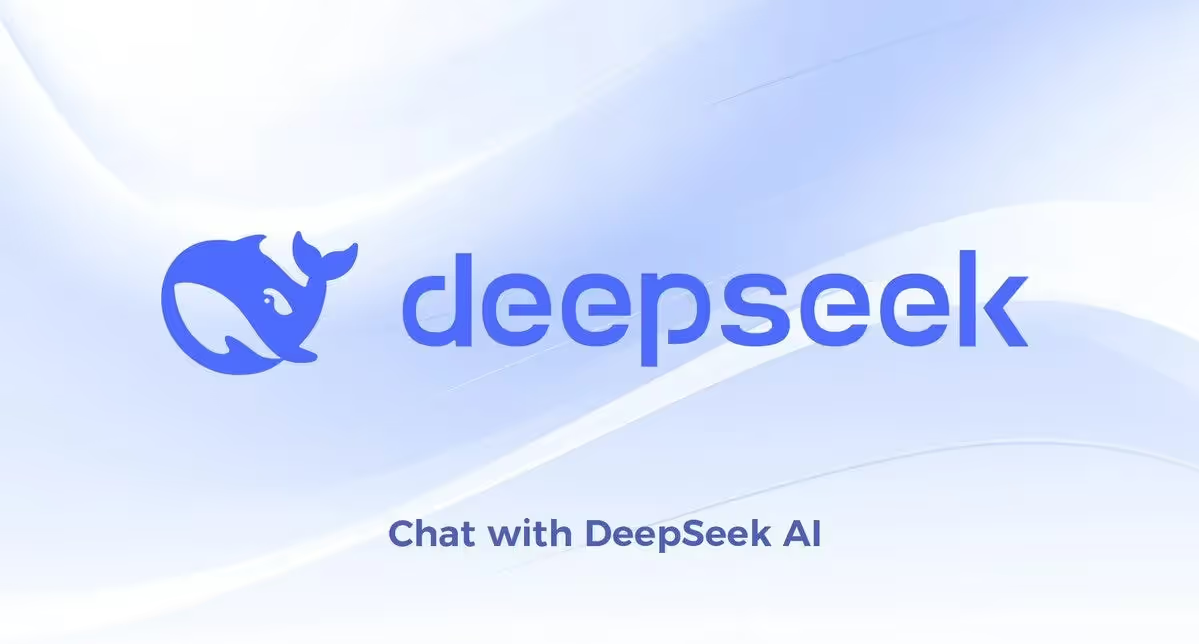Digital Publishing vs. Traditional: What's Best for Up-and-Coming Writers?
Hey there, budding authors and aces of academia! If you're a writer in today's rapidly shifting literary landscape, you've probably asked yourself the million-dollar question: Should I go traditional or digital with my publishing journey?! Well, rest easy, because we're here to shed some light on the whole Traditional vs. Digital Publishing debate.
Traditional Publishing: A Time-Honored Approach
Let’s begin by discussing traditional publishing. This route means working with established publishing houses that have been the backbone of the publishing industry for years (think Random House or Penguin). This path often involves landing an agent, crafting a book proposal, and going through an editorial process.
The pros of traditional publishing are that it offers a sense of prestige, a higher likelihood of wide-scale distribution, and a professional marketing team. The cons? It can be harder to break into, more time-consuming, and you might have less control over your work.
Digital Publishing: The New Kid on the Block
On the flip side, digital publishing is a newer player in the game. This encompasses anything published online, including eBooks, digital newspapers, and online magazines. With the rise of self-publishing platforms like Amazon Kindle, digital publishing has become an attractive option for many writers.
But what are the pros and cons? The pros include easier access to the market, increased speed to publication, and more control over your work. However, a primary con is that digital publishing can lack the prestige associated with traditional publishing houses. Also, marketing your book largely falls onto your shoulders, and you may face more competition in the market.
Finding Your Fit
So how do you figure out what's best for you? Consider your goals and what you want from your writing career. If your dream is seeing your work in independent bookstores and getting reviewed by mainstream media, the traditional route might be more up your alley. But if you love the idea of maintaining creative control and navigating your path, digital could be your ticket to success.
The Hybrid Approach: Best of Both Worlds?
Having trouble deciding? Guess what— you don't necessarily have to choose. Several authors are becoming “hybrid” authors, choosing to have some works traditionally published while self-publishing others.
This strategy allows them to take advantage of the benefits of both approaches. With a hybrid model, an author can leverage the widespread distribution and prestige of traditional publishing, and the creative control and potentially higher royalties of digital publishing. If you're versatile and like keeping your options open, this path could be worth considering.
What Matters Most
In the end, it's important to remember that either route— traditional or digital— can lead to a successful publishing career. It's not necessarily about which path is "better" universally, but rather about which is a better fit for you, your work, and your aspirations.
Conclusion
Writing is a journey, and choosing between traditional and digital publishing is just one part of that adventure. Both paths have distinct advantages and drawbacks, and it's important to weigh these factors carefully as you carve out your unique path in the literary world.
Remember, you're not alone on this journey! Whether you opt for a traditional, digital, or hybrid approach, with passion, perseverance, and a bit of strategic planning, you can make your literary dreams a reality. To all the brave, daring, and passionate writers out there— keep writing, keep dreaming, and keep going. Your story matters and the world is waiting to read it. Happy writing!















.svg)



